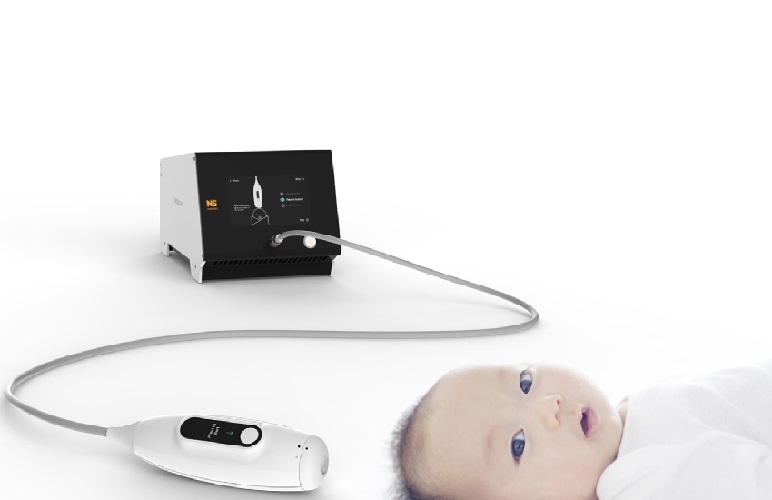Tanzanian Health Professionals to Benefit from New Ultrasound Technology
By MedImaging International staff writers
Posted on 24 Jul 2012
Clinicians in Tanzania recently received ultrasound product training to provide better healthcare for mothers and their infants.Posted on 24 Jul 2012
In support of an evidence-based study sponsored by the Ifakara Health Institute (Mtwara, Tanzania), GE Healthcare (Chalfont St. Giles, UK) recently assisted in the product training of 14 Tanzanian healthcare professionals at the Kisarawe District Hospital. The project represents a research study supported by GE in Africa entitled “Enhancing Training and Appropriate Technologies for Mothers and Babies in Africa (ETATMBA),” the study will utilize both the ultrasound systems Vscan and Venue 40.
The project aims to evaluate healthcare technologic developments in Tanzania that will contribute to their Government’s efforts to accelerate the attainment of Millennium Development Goals 4 (reduce by two thirds, between 1990 and 2015, the under-five mortality rate) and 5 (improve maternal health). While the maternal mortality ratio in Tanzania has decreased in the last decade, the current maternal mortality ratio is still higher than the figure targeted to reach Millennium Development Goal 4 (MDG 4).
According to Dr. Godfrey Mbaruku, the Ifakara Institute’s deputy executive director, the most common causes of maternal death in developing countries include hemorrhaging, obstructed labor, sepsis, and hypertensive disorders. Although some of these maternal complications that lead to the loss of African women may not be predictable, many can be prevented at various stages of pregnancy, during delivery, and soon after. Regrettably, most of the African health systems are not well equipped with adequate and skilled staff, equipment, tools, and technologies. Innovative technologies, such as oxygen-in-a-bag, intensive therapy unit (ITU)-on-stretcher, and simple ultrasound systems, will be proposed through a series of projects in a phased manner. This is the first in the series of projects with the intention of advocating for the use of these technologies at a large scale in the future.
Training on the first project began in April 2012, using both GE’s Vscan and Venue 40. This first phase is aimed at testing the use of ultrasound in resource-poor settings and evaluating the acceptability, feasibility, impact, and cost-effectiveness of the ultrasound technologies on maternal and prenatal health. This is a cohort study with one intervention arm and one control arm that will run for one year. The intervention arm will include (1) Implementation of clinical guidelines and pathways that will be used by healthcare personnel (HCP); (2) a supportive and structured clinical training and workforce development; and (3) implementation of Venue 40 at the hospital and health center level and Vscan at the dispensary level.
Speaking at the start of the two weeks long training, Janeen Uzzell, director of healthcare programs for healthymagination said GE is focused on working with health sector stakeholders across Africa to advance access to quality and cost-effective healthcare. “For the past two years, GE’s healthymagination has been working with Ifakara Health Institute and the Tanzanian government through the Tanzania Ministry of Health to find an innovative, affordable business model for rural healthcare. This gave birth to a program that will develop, implement, and evaluate clinical service improvement through education, leadership training, and workforce development,” said MS. Uzzell.
According to Dr. Mbaruku, “this training further allows the possibilities of early detection and referral of complicated cases to referral centers which are staffed by specialists [ob/gyns and pediatricians], which in turn increases the quality and efficiency of the service given to the public. This study is extremely important because it will address the capacities of middle level providers [MLPs] who are the frontline health workers in the provision of health services to mothers in this country. This is due to the fact that early diagnosis and subsequently early treatment are key in the recognition and treatment of maternal complications, which are the main causes of deaths to these groups. The study will accomplish the needed transfer of appropriate technology to where it is really needed, i.e., at the grass roots level [rural areas] where 80% of the population resides.”
Related Links:
Ifakara Health Institute
GE Healthcare














